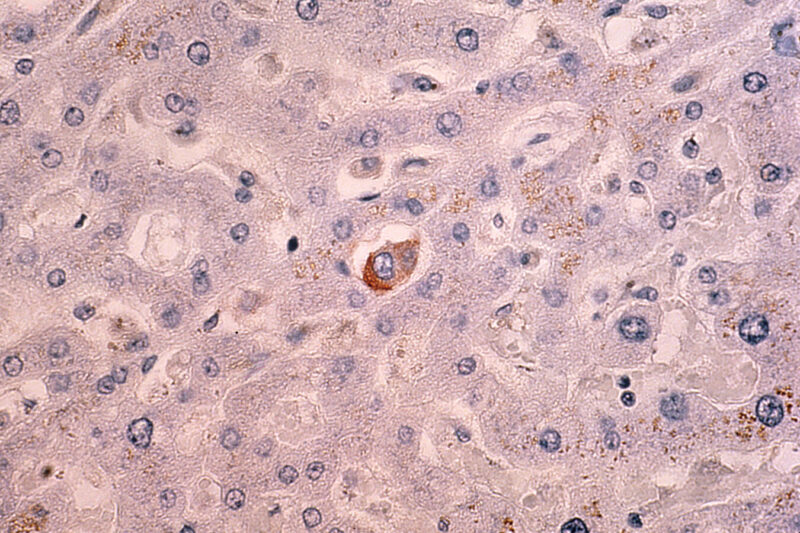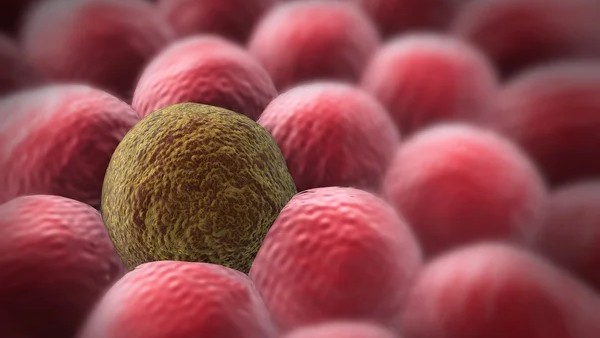The Institute of Cancer Research shared on LinkedIn:
“Research from the ICR, Imperial College London and partner institutions including the CRUK Convergence Science Centre has made a surprising discovery that may help explain how cancer spreads – and it involves fragments so small they’ve only just been recognised.
Researchers have discovered that travelling tumour cells in the body shed fragments called ‘shearosomes’ as they squeeze through the body’s tiniest blood vessels. Far from being inactive debris, these fragments appear to damage blood vessels and manipulate immune responses, potentially helping tumour cells seed new growths in distant organs.
The research aligns with the ICR’s strategic focus on understanding how cancers evolve and exploit their surrounding environment. It could also lead to new therapies that block shearosome formation or disrupt their influence on healthy tissue – offering hope for tackling one of cancer’s deadliest behaviours.
Read more here.”

More posts featuring tumour cells.


